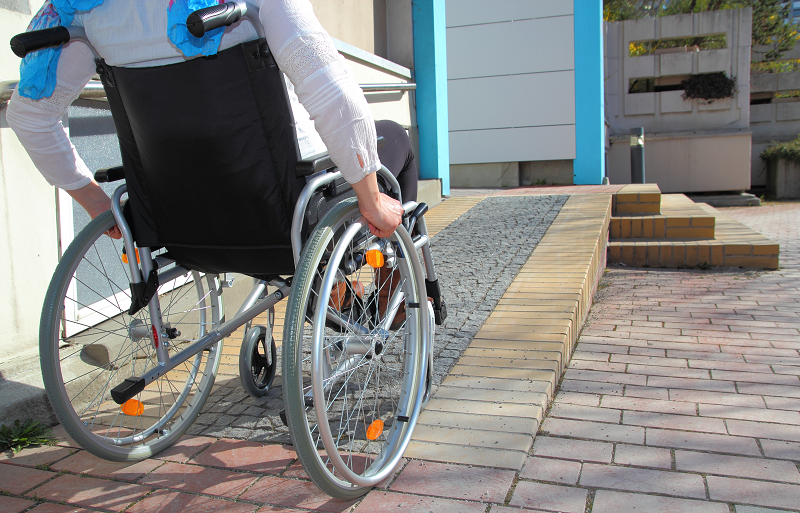If you are in the process of purchasing or selling a home in Idaho, you should follow all legal requirements without fail. You’ll need to create budgets to outline all the costs associated with a real estate transaction, including the property tax.
Therefore, you’ll need to understand the property tax in Idaho, county tax rates in the state, the homeowner’s exemption value, and other exemptions offering property tax relief. Property tax rates are essential for covering the costs of roads, bridges, school districts, parks, Idaho law enforcement, and other public services.
Read below to figure out your property tax in Idaho and the possible exemptions available for tax payments on your personal property.

Property Taxes in Boise, Idaho
You will see that the property tax amount required in Idaho is less than that of other states around the nation. On average, property owners in Boise pay $1,616 per year compared to nearly an extra $1,000 as part of the national average.
Your personal property taxes will depend on which of the taxing districts you’re in, the market value of your home, and any property tax reduction or exemptions you may be eligible for. You can learn more about the taxable value of your home with the help of a financial advisor.
You can also use an Idaho property tax calculator to put in your zip code and your home’s assessed value to get the amount of your annual property taxes and your average county tax rate.
You can also get an appraiser to determine your home value. The county assessor’s office is responsible for determining the market value of your home on an annual basis.
You can pay property taxes twice per year in Boise. The first one is due on December 20th, and the second is required by June 20th.
After you receive an assessment notice and your final home value gets determined, you may get certain exemptions applied. The biggest property tax exemption in the state of Idaho is the homeowner’s exemption, which is also known as the homestead exemption. Below, you will learn all about the possible tax exemptions in Boise, Idaho.
Boise Property Tax Exemptions
For a Boise homeowner and taxpayer, the most common property tax exemptions in Idaho are:
- The homestead exemption
- Property tax exemptions among disabled individuals and seniors
- Property tax exemptions for disabled veterans
The homestead exemption is the largest one possible. Your property taxes get reduced by exempting 50 percent of the home’s value along with as much as an acre of land. That value, however, is currently capped at $125,000.
Yet, due to the homeowner’s exemption, the property tax bill of an Idaho homeowner is lower than in other states. Below, you can find a detailed discussion of the homestead exemption and other common property tax exemptions.
Homestead Exemption
In 2016, the Idaho state legislature passed a bill that capped the homeowner’s exemption at $100,000, which was later raised to $125,000. However, the value, previously more fluid, has not appreciated with rising property values.
In Canyon County, for example, property values have appreciated by 30 percent from the prior year. That has caused homeowners greater difficulty with covering the costs of their property tax bills. Essentially, a home with a value of $250,000 already has the maximum exemption.
With property values rising throughout the Boise housing market, the property tax rate for many residents has grown significantly. Previously the exemption value changed from year to year, but the state legislature stopped that. Currently, however, representatives are working to change the capped amount and develop an indexed exemption cap instead.
Boise Mayor Lauren McLean also expressed frustration with the slowdown among Idaho lawmakers to make real change for these homeowners.
Nonetheless, residents whose homes are $250,000 or less will have their property tax amount cut in half. When you purchase and move into a primary residence in Idaho, you can immediately apply for an Idaho homeowner’s exemption. The application process is simple, but you can apply for only one residence in the state.
For any particular taxable year, you will need to move into your home by January 1st and apply before April 15th. You might find the applications online or get them by email, depending on your county. You can also go to your county assessor’s office to fill out a paper application in person.
Once you’ve completed the application, you will see the exemption in your yearly assessment report. You won’t need to reapply for the exemption every year as long as you continue living in the same home.
Property Tax Exemptions for Seniors and the Disabled People

Idaho also has a property tax reduction program that both seniors and disabled individuals can qualify for. Those who are 65 years old or older, have an income of $31,900 or less, are blind, or have a service disability can qualify for the program to cut their property taxes.
Other disabled homeowners can qualify as well. Furthermore, veterans who are completely disabled due to a service-related injury can receive an exemption amounting to as much as $1,320. Spouses may also qualify for the same exemption.
Others who are eligible include single-parent children under 18 years of age, widowers, and formerly incarcerated people. The property tax reduction program is also known as the circuit breaker.
In 2022, the state senate passed a bill that allows more elderly people to gain eligibility for the property tax reduction program. More low-income individuals may qualify going forward, which will protect the aging population and keep them in their homes.
Property Tax Exemption for Disabled Veterans
Disabled veterans whose disability is 100 percent connected to their former service also have access to a property tax exemption in Idaho. The program is called the Veterans Property Tax Reduction exemption.
Those who qualify can have as much as $1,500 of property taxes on their home and up to one acre of land reduced. There is no maximum income cap that can keep veterans from gaining the benefit in Idaho.
To gain access to the tax exemption, you must have lived in your Idaho home before April 15, 2022, and have a homeowner’s exemption as well as have full recognition by the U.S. Department of Veterans as a 100-percent disabled veteran due to a service-related injury.
You can get an application from your county assessor’s office to apply for the Veterans Property Tax Reduction benefit. You will also need to supply a letter from the U.S. Department of Veterans Affairs confirming your disability.
Conclusion
Your Idaho property taxes are based on the yearly assessed value of your home and the county you live in. Due to the homeowner’s property tax exemption, many residents in the state have lower property taxes than in other regions of the country.
However, due to a recent cap on the homestead exemption on homes valued above $250,000, many homeowners have begun struggling to cover their property tax rates. These are some of the issues a new homeowner should consider when purchasing a property in Idaho.
Furthermore, those selling a property in the state will need to consider other taxes. For example, the capital gains tax in ID can lead home sellers to lose out on part of their profit upon the final home sale.
If you’re not looking for a huge profit and want to sell a house fast in Idaho, look for cash home buyers in Boise. Luckily, we buy houses Meridian, so make sure to contact us today.
